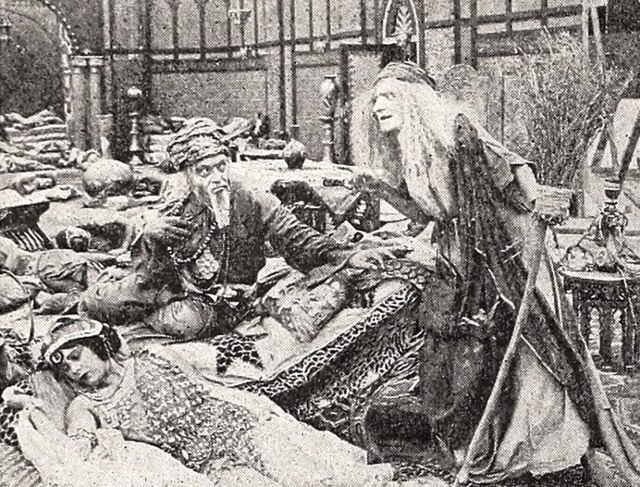The Rise of Remakes
Over the weekend, I made the profound mistake of wasting an hour and 50 minutes of my precious life watching Coming 2 America. The only redeeming parts of the film were Wesley Snipes and Ruth E. Carter, the costume designer.
The irredeemable parts consisted of #GirlBoss feminism and jokes that fell so flat you’d think they were matzoh. Yet this wasn’t just any bad movie: this was a remake. A remake that follows a long series of remakes so similar in style that you could be forgiven for mistaking Coming 2 America for the live-action remake of Aladdin.
Now, with everyone hating the remake of the movie they liked the first time around and with Hollywood showing no sign of taking the hint, we must ask ourselves how we got ourselves into this predicament.
If it feels like every single remake is bad, you’re not alone. According to Rotten Tomatoes, remakes average 47% on the tomatometer, while the originals average 81%. The reason why everyone hates the remake is for fairly similar reasons across the movies. Both Coming 2 America and many Disney live-action remakes fall into the trap of #GirlBoss feminism.
This brand of feminism takes the important tenets of actual feminism, puts them through a meat grinder, and then uses the mutilated parts to construct catchy phrases and merch that you have to buy. You hated the Aladdin remake because it forced you to listen to a kitschy song about being speechless so that Disney could sell you #GirlBoss Jasmine dolls.
The other reason why so many people hate remakes is that they rely on the original to an extreme amount. The remake is not its own movie, but rather a PowerPoint of fond memories of when Hollywood was creative. Coming 2 America repeatedly references the original, even going as far as to use old film footage.
This means that Coming 2 America, like all the other remakes, bores you with an oversaturation of nostalgia. Films like America point to the real issue with most remakes: they have no point. The original is typically a well-loved classic that had a complete ending. This means that there is no need for a remake because there’s nothing to fix. This is why we have been left with terrible remake after terrible remake.
I hate remakes, you hate remakes, your mom’s dog walker’s cousin hates remakes. We all hate remakes, yet they keep coming at us like pixelated zombies in a horror game. Since 1993, remakes, reboots, sequels, and spin-offs have been increasing at a steady rate to make up 16 of the 20 box office hits in 2018.
The culprit of this dearth of originality is, in simple terms, capitalism. Capitalism means that moviemakers aren’t just making movies because they want to, but because they get paid to. While remakes typically make less money than their predecessor, they still bring in consistent cash.
For example, since 2010 Disney remakes have earned the company more than 7 billion dollars globally. Remakes are made because they work on the economic promise of nostalgia. Additionally, it’s easier to produce a remake, whose plot is already mostly there from the original, than to come up with a new and innovative idea, which isn’t promised to be well received by viewers. As long as remakes are profitable, money is going to be valued higher than creativity.
To fix this problem of pointless abominations forced upon us by the gluttony of capitalism, we must turn to ourselves. These remakes are made because they make money; they make money because we, the consumer, buy the merch and more importantly the tickets to these remakes.
I know the drug of nostalgia is addictive, but if we are to ever fight our way out of this low pixelated zombie horde then we need to (not) use our wallets. Otherwise, we are doomed to a future that will be ruled by remakes of remakes and remakes of remakes of remakes.

Jadyn has somehow survived 3 years of high school to become a senior. When not editing opinion articles, Jadyn can either be found stumping for Certamen...



